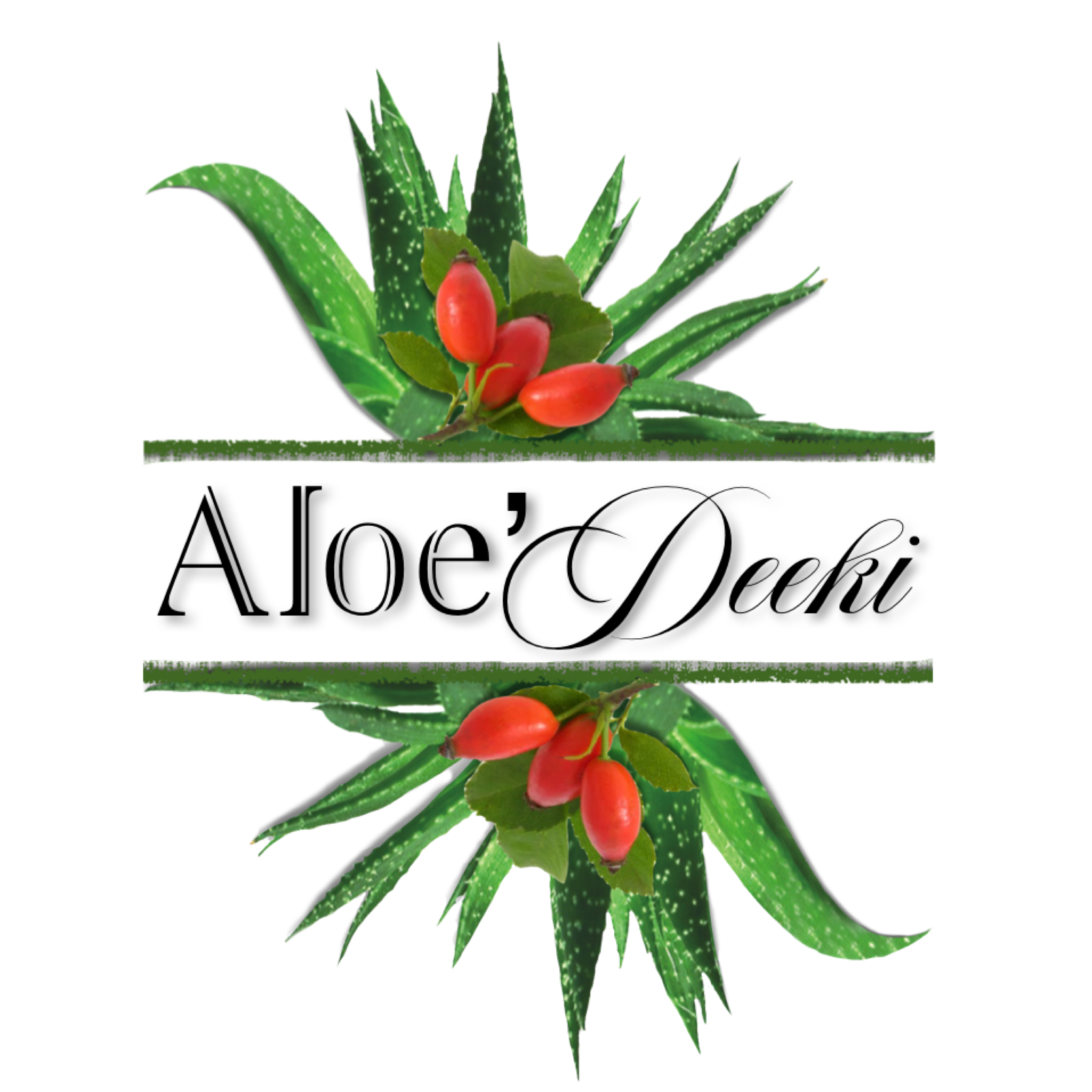Table of Contents
How to Use Aloe Vera for Wound Healing


Introduction
Aloe vera is a wonder plant, renowned for its skin-healing properties. It is a natural antipruritic, which means it helps to alleviate itching, antimicrobial properties that help control bacterial, fungal, or viral skin infections which cause itching. The effect aloe vera has as a natural antipruritic is largely due to its anti-inflammatory properties. Aloe vera contains compounds like acemannan, which help in reducing inflammation. Moreover, it is extremely helpful in healing and reduce the scarring caused by eczema and psoriasis wounds. This makes it effective against various forms of skin irritation, including those caused by rashes, insect bites, and other irritantsIn this post, we dive into how aloe vera aids in wound healing, offering a natural remedy for cuts and scrapes.

The Healing Properties of Aloe Vera
| Property | Effect on Wounds |
|---|---|
| Anti-inflammatory | Reduces pain and swelling |
| Antibacterial | Prevents infections |
| Promotes Healing | Accelerates cell growth |
Aloe vera’s natural compounds make it an ideal choice for skin recovery and health.


How to Use Aloe Vera for Wound Healing
Treating wounds with aloe vera is straightforward:
- Clean the Wound: Always start with a cleaned wound.
- Apply Aloe’Deeki Face and Body: Use a squirt or two for direct application to thinly coat the affected area.
- Cover the Wound: Protect with a bandage or dressing.
A proper application ensures effective healing.
Aloe vera’s role in treating diabetic ulcer wounds is significant. These ulcers, common in diabetic patients, can lead to severe complications if not properly managed. Aloe vera’s natural healing properties make it a valuable tool in treating these wounds.
The gel from the aloe vera plant is rich in glucomannan, a dietary fiber that stimulates the growth of fibroblasts, cells essential for wound healing. Furthermore, aloe vera enhances collagen synthesis, crucial in repairing and regenerating skin tissues. Its anti-inflammatory and antimicrobial properties further prevent infection, a common concern in diabetic wounds, and reduce inflammation, creating an optimal healing environment.

By Incorporating Aloe’Deeki Face and Body Oil into her wound care regimen for diabetic ulcers, she was able to provide a natural, effective method for enhancing healing and preventing complications. As a complementary treatment, it supports traditional medical approaches, offering hope for improved outcomes in diabetic wound management.
Recommended Aloe Vera Products for Wound Healing
Aloe’Deeki Face and Body Oil is:
- Ideal for direct wound application.
- Great for moisturizing around the wound.
- Useful for reaching difficult or pained areas.
These products can be found in our skincare range.
Conclusion
Aloe vera offers a natural, effective solution for wound care. Its unique properties not only accelerate healing but also prevent infection.
Experience the natural healing power of aloe vera with our range of aloe vera-based skincare products.
Key Takeaways
- Anti-Inflammatory Benefits: Aloe vera reduces inflammation in wounds, alleviating pain and swelling. Learn more about anti-inflammatory properties.
- Antibacterial Properties: It helps prevent infections in wounds by eliminating harmful bacteria. Discover antibacterial benefits of aloe vera.
- Promotes Healing: Aloe vera accelerates the growth of new cells, speeding up the healing process. Read about aloe vera’s healing properties.
- Ease of Application: Applying aloe vera or Aloe’Deeki Face and Body Oil applied to wounds is simple and effective, aiding in faster recovery.
- Natural and Safe: Aloe vera is a natural remedy, making it a safer alternative to many synthetic wound care products.

